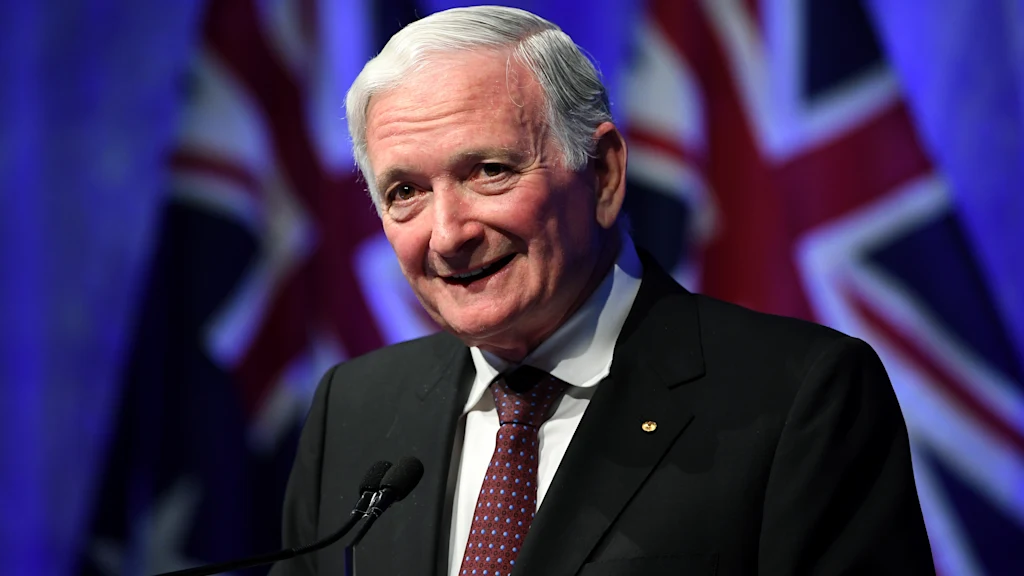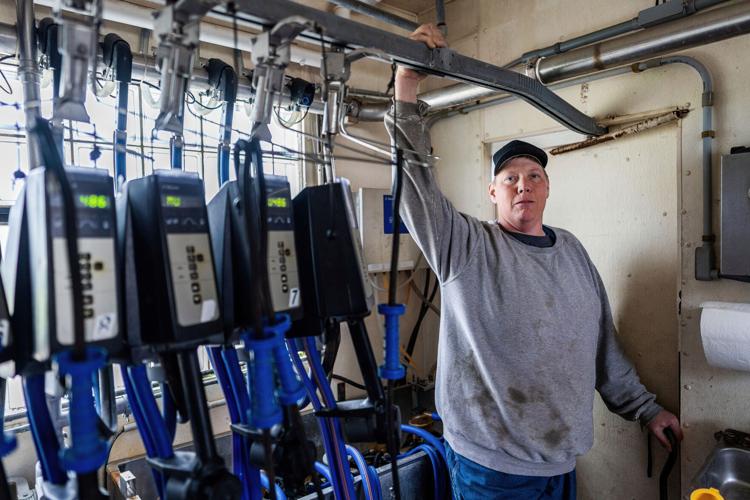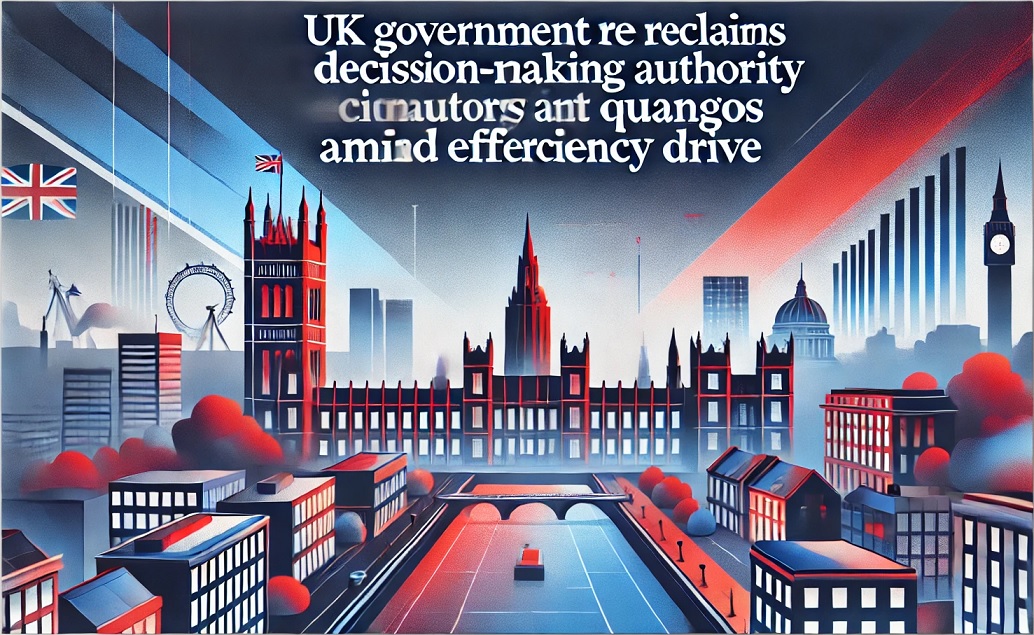In a major political development, former New South Wales Premier Nick Greiner has been officially appointed to oversee a comprehensive reform of the Liberal Party under extended federal supervision. The decision reflects growing pressure within the party to address internal governance, funding transparency, and ethical leadership following several electoral setbacks and public scrutiny. Greiner’s leadership is expected to introduce new accountability measures and restructure party operations from the ground up. His decades-long political experience makes him a strategic choice at a time when the party is struggling to regain public trust and internal unity.
Federal Oversight Tightens: Nick Greiner Tapped to Lead Liberal Party Reform Drive
By Staff Contributor | 17 June 2025 | Law & Government Category
In an era where political institutions are under intense scrutiny, and trust in party systems is waning globally, the Liberal Party of Australia has taken a bold and highly symbolic step: extending federal control over its New South Wales division and appointing former Premier Nick Greiner to spearhead an ambitious reform plan. This isn’t just political housekeeping—it’s a quiet revolution in party governance, rooted in accountability, principle, and public perception.
The move marks a critical turning point for the Liberals in NSW, whose internal mechanics have for years been plagued by toxic factionalism, opaque preselection tactics, and the creeping influence of personal agendas over public mandate. But perhaps more profoundly, this appointment signals a reckoning with political decay—a recognition that reform is no longer optional, but existential.
A System Cracks from Within
To outsiders, the NSW Liberal division has long appeared powerful, polished, and well-resourced. But beneath the surface, the structure has been buckling. Delayed preselection decisions, infighting between centrist and conservative factions, and top-down candidate impositions became a regular feature in the media headlines, each one chipping away at the party’s credibility.
These failures haven’t gone unnoticed. Voters responded with apathy or backlash in recent elections. Donors began to question transparency. And most tellingly, local members—once the lifeblood of party energy—started switching off. The very heart of party democracy was fading.
Recognizing the severity of the internal crisis, the federal executive intervened last year. But what began as a temporary oversight evolved into something deeper: a structural diagnosis. It became clear that mere damage control wouldn’t suffice. What NSW needed was a full-scale political detox—and it needed a steady, respected hand to lead it.
Nick Greiner: Reform as Legacy, Not Project
Enter Nick Greiner, a name synonymous with reform, discipline, and clean governance. Premier of New South Wales from 1988 to 1992, Greiner led a government that introduced some of the most significant public sector reforms in the state’s history. He wasn’t just a technocrat—he was a visionary of accountability, a leader who believed in the power of structure to build trust.
Now, decades later, he returns to the arena not as a partisan warrior, but as a political elder tasked with restoring the foundations of a crumbling house. His appointment isn’t just strategic—it’s symbolic. Greiner represents an era where policy and principle walked hand in hand, and where party culture was forged on ideas, not infighting.
His return brings not nostalgia, but urgency. The challenges facing the NSW division are not relics—they are real and contemporary. Greiner’s mandate is to conduct a full-scale review of internal governance, assess the legitimacy of preselection processes, audit the role of factional interference, and—most importantly—rebuild the bridge between party leadership and local membership.
The Federal Message: Reform or Be Replaced
The decision to extend federal control by nine more months is unprecedented in its scale and message. It tells party members and observers alike that this is not merely a leadership reshuffle—it’s a political soul-searching. The oversight committee, led by Greiner, will not only operate at the administrative level but will function as a moral compass for the party.
Their roadmap includes:
A full audit of past candidate selections, to uncover and correct any breaches of fairness or manipulation.
Introduction of independent ethics panels, to review internal complaints without factional interference.
Structural reforms to empower local branches, giving genuine grassroots voices more say in decision-making.
Launch of a public-facing “Accountability Charter”, outlining commitments to transparency and member engagement.
Such reforms are not only aimed at internal cohesion—they are built to re-establish public faith. The Liberals in NSW, once the bedrock of conservative confidence, now face a crisis of legitimacy. Without these changes, they risk becoming an echo chamber—relevant only to themselves, and not the people they seek to represent.
A Turning Point for Political Culture
What makes this development truly significant is that it mirrors a larger political conversation happening across Australia—and indeed the world. Citizens are growing weary of backroom deals, hollow slogans, and politics-as-performance. They want real leadership. They want institutions that serve, not dominate.
The Greiner-led reform is, in many ways, a test case: can a major political institution admit its flaws, restructure itself with humility, and emerge stronger? Can the machinery of politics be turned into a vehicle of service, rather than self-interest?
The answer to those questions will depend not just on Greiner’s leadership, but on the willingness of party stakeholders—from federal brass to local volunteers—to embrace difficult truths.
Already, voices from within the party have expressed cautious optimism. “Nick brings integrity, calm, and clarity,” one senior party figure noted. “We’ve lost ourselves chasing short-term wins. This is about resetting for the next generation.”
However, not all reactions are positive. Some see federal oversight as paternalistic, even authoritarian. A few branch leaders have warned that stripping local control could worsen morale. But most agree: the status quo is no longer defensible.
A Rebirth or a Retreat?
In Greiner’s hands lies more than the mechanics of reform—he holds the narrative of a party trying to remember who it is. The next nine months will determine whether this is the start of a Liberal rebirth or merely a prolonged retreat.
But for now, the message is clear. Reform isn’t coming—it’s already here. And under the watch of a leader who once changed the machinery of government, the NSW Liberals are preparing to change the machinery of their own party.

















Comments 0